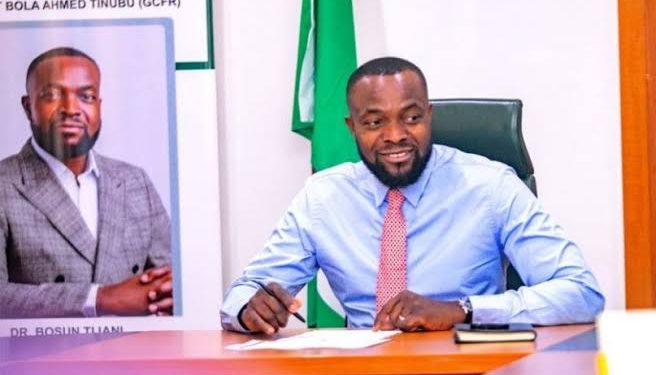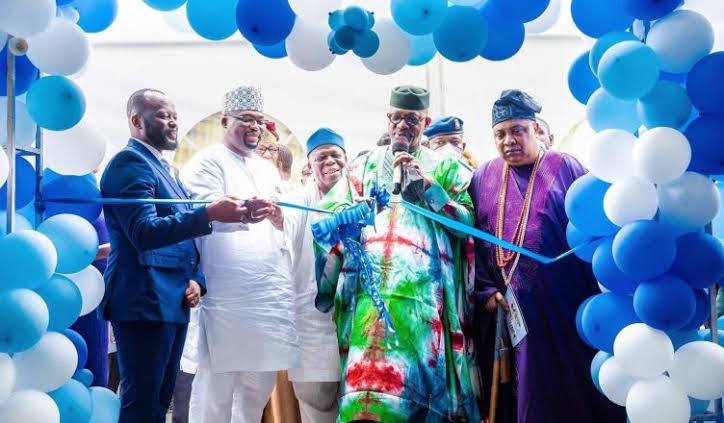Nigeria is set to receive telecommunications equipment and fibre optic infrastructure worth $3 billion by mid-2025, according to the Minister of Communications, Innovation and Digital Economy.
Speaking during a panel at the Nigeria Development Update event organized by the World Bank, the minister revealed that the investment; spearheaded by the Federal Government in partnership with the World Bank—is part of efforts to strengthen the country’s digital backbone.
He said the incoming infrastructure includes $1 billion worth of telecom equipment and an additional $2 billion in fibre optic cables, which will significantly expand broadband access across the country.
At a recent stakeholder engagement in Abuja themed “Realising a Nigerian Vision of Broadband for All,” the minister described the investment as urgent and necessary. He noted that millions of Nigerians still lack quality internet access, particularly in rural communities.
“We are here with critical stakeholders on how to attract investments and fund our broadband infrastructure. Everyone understands we can’t do without the internet today; so we all need quality access, regardless of our location,” he said.
He further explained that the infrastructure project aims to close the digital access gap, with a pilot phase targeting over 20 million Nigerians who currently lack any form of telecommunications coverage.
The initiative aligns with Nigeria’s broader digital economy strategy, which seeks to ensure inclusive technology access and connectivity for all citizens.
However, Nigeria’s existing fibre optic infrastructure remains limited, especially outside major cities. Urban areas such as Lagos and Abuja have seen more development, but many semi-urban and rural regions continue to be left behind.
The country’s telecommunications sector also faces ongoing disruptions caused by frequent cable cuts. In 2023 alone, over 50,000 incidents were recorded, with around 30,000 linked to road construction by federal and state agencies. One of the most disruptive cases occurred in February 2024, when damaged fibre infrastructure led to a nationwide outage on the MTN network.
To tackle these challenges, the Ministry of Communications and the Ministry of Works recently established a Joint Standing Committee on the Protection of Fibre Optic Cables. The committee is expected to reduce infrastructure damage and safeguard the country’s growing broadband network.
If successful, the $3 billion investment could mark a turning point for Nigeria’s digital infrastructure, helping to extend connectivity, support MSMEs, and foster digital inclusion across underserved regions.










